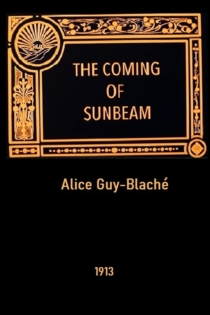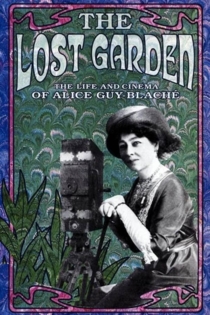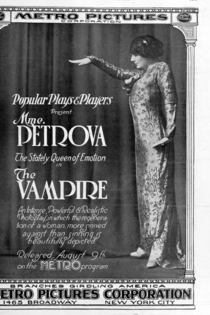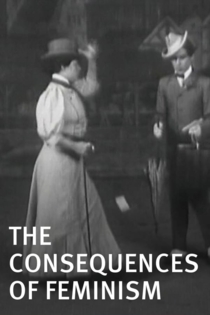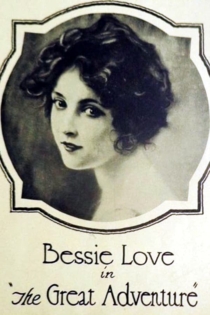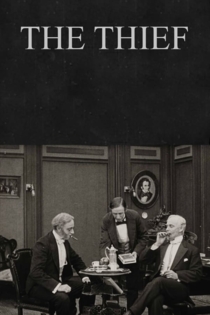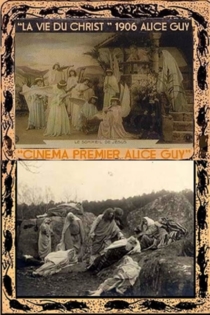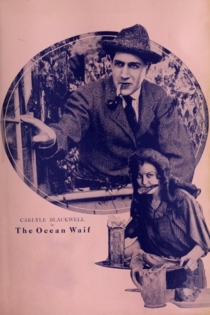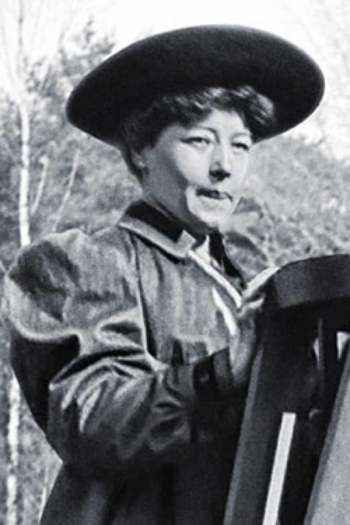
Alice Guy-Blaché
1873 - 1968Be Natural: The Untold Story of Alice Guy-Blaché
Pamela B. Green
Jodie Foster, Richard Abel
The epic life story of Alice Guy-Blaché (1873–1968), a French screenwriter, director and producer, true pioneer of cinema, the first person who made a narrative fiction film; author of hundreds of movies, but banished from history books. Ignored and forgotten. At last remembered.
Be Natural: The Untold Story of Alice Guy-Blaché
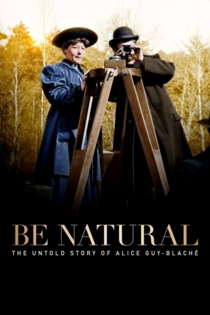
The Women Who Run Hollywood
Julia Kuperberg, Clara Kuperberg
Paula Wagner, Lynda Obst
The first talkie was directed by Alice Guy, the first color film was produced by Lois Weber, who directed more than 300 films over 10 years. Frances Marion wrote screenplays for the Hollywood Star Mary Pickford and won two Oscars, Dorothy Arzner was the most powerful film director in Hollywood. And what do all of them have in common? They are all women and they have all been forgotten. Incredibly, it also took until 2010 for the first woman, Kathryn Bigelow, to win the Oscar for Best Director. Even if underrepresented women have always played a big part in Hollywood and it is this part of the film history left untold that this documentary sets out to uncover.
The Women Who Run Hollywood
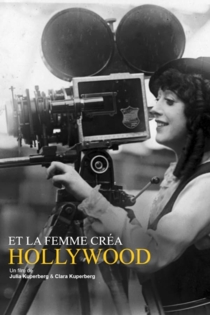
The Adventurer
Alice Guy-Blaché
Marian Swayne, Pell Trenton
A young girl is trying to live an honest life in a crooked city. Caught up with a crook that might be the son of a millionaire and other crooked people, she must attempt to reform things, or at least one person.
The Adventurer
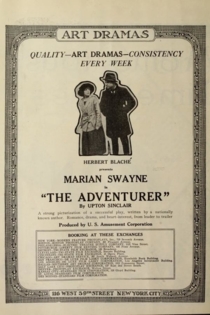
Falling Leaves
Alice Guy-Blaché
Mace Greenleaf, Blanche Cornwall
It's early autumn and Dr. Headley eagerly demonstrates what seems to be a miraculous cure for tuberculosis. Not far from where he is working, the disease seems preparing to soon claim yet another life, a teenage girl named Winifred. Winifred's mother and little sister Trixie are devastated. When Trixie hears the family doctor say of Winifred that "when the last leaf falls, she will have passed away," she interprets the doctor's words literally. Thinking over what she has heard, she determines to do everything possible to save her sister.
Falling Leaves
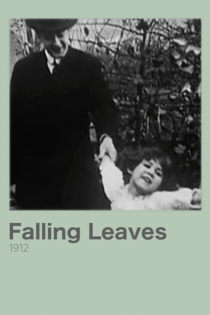
The High Cost of Living
Alice Guy-Blaché
Old Joel Smith is charged with murder in the first degree. At the trial he pleads in opposition to his own lawyers. He explains that he is now too old to be of any assistance to his widowed daughter and his grand-children who are dependent on him for support. He says he prefers death to a life of poverty and wretchedness. In telling the judge and jury his pathetic story (which is shown on the screen) old Joel betrays a love for his grandchildren and his fellow laborers that is poignant with pathos.
The High Cost of Living
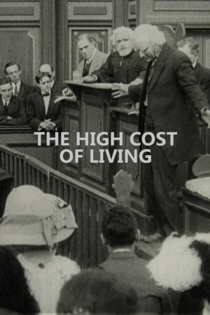
Mixed Pets
Alice Guy-Blaché
Frances Gibson, Blanche Cornwall
Mixed Pets is an early Alice Guy Blaché comedy about misunderstandings that arise when a new husband refuses to buy his new wife a dog and the couples’ domestic help conceal the fact they are married with a baby. Puppies and babies become mixed up in cabinets as everyone tries to hide their adored ‘pets.’ The film is enormously funny and shows a poignant understanding of people’s joys and foibles as well as a perceptive grasp of relationships, a Guy Blaché trademark.
Mixed Pets

The Roads That Lead Home
Alice Guy-Blaché
Mrs. Hurley is a wealthy old lady who is rather proud of her antecedents. Her son, a young, clean-cut, college-bred man, like other gilded youths, makes the acquaintance of an actress and the inevitable follows. He marries her, much against the commands of his mother. He neglects her for the companionship of a rather smart and fast set in society. The pace they set is rather strong, and after weeks of gambling and dissipation, he finds himself separated from his wife and position. His wife, now burdened with a child, is forced to seek employment.
The Roads That Lead Home

The Coming of Sunbeam
Alice Guy-Blaché
Darwin Karr, Blanche Cornwall
Proud old Major Neal disowns his only child, a beautiful girl, because he considers her marriage a misalliance. Years pass. The old major becomes a recluse feared by all. One morning, a hamper is found beneath the Major's covered driveway.The hamper contains a baby girl.
The Coming of Sunbeam
